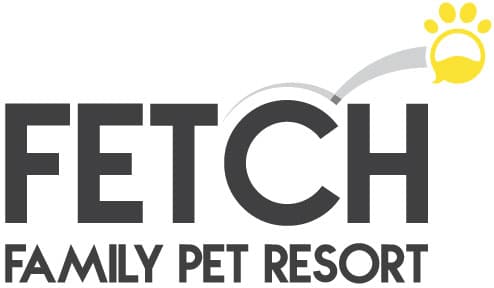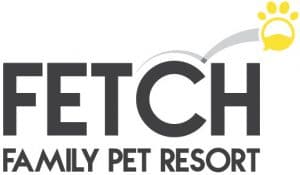Kennel cough is slang for upper respiratory disease known as canine infectious tracheobronchitis or canine cough. The moniker “kennel cough” is a misnomer that has stuck and is a source of debate much like the moniker “Spanish flu.” A kennel does not cause the respiratory issue, and the Spanish did not cause the flu of 1918.
WHAT IS CANINE COUGH AND HOW DOES A DOG GET IT?
Human colds caused by viruses come from a variety of sources, and the same applies to dogs. We know when we send our children to school, they are around other children. We know when we send our dogs to day or overnight boarding facilities they will be around other dogs. Like other viruses, canine cough can be spread through aerosol droplets in the air (hatchoo), direct contact with another (like playing), and direct contact with a surface (like food and water bowls). Any place your dog encounters another dog becomes a potential source of transmission (like dog parks, play and boarding facilities, meeting another dog on a walk). Excessive dust and cigarette smoke are also causes canine cough. An infection results in inflammation of a dog’s larynx and trachea. It is highly treatable in healthy canines.
WHAT ARE THE SYMPTOMS OF CANINE COUGH?
The most prevalent symptom of canine cough is persistent cough that often has a “honking” sound to it. Dogs may also have a runny nose with green or yellow discharge. They may sneeze periodically, and they may lack energy and have a decreased appetite. Some may have goopy eyes with green or yellow discharge. Parents of school age children present and past – do these symptoms sound familiar?
WHAT SHOULD I DO IF MY DOG HAS SYMPTOMS?
Just like with humans, a dog cough can be a sign of other illnesses like bronchitis, asthma, or heart disease. If your dog displays a persistent cough that is of concern, keep them away from other dogs and contact your veterinarian to schedule an examination.
HOW IS CANINE COUGH TREATED?
Symptoms usually resolve within a week or two of general rest. A veterinarian may prescribe antibiotics to prevent a secondary infection. Cough medication and nebulizers with bronchodilators are sometimes used to ease the symptoms and minimize stress on your pet. It is also recommended one use a harness instead of a dog collar when walking your dog during the recovery period to minimize aggravation to the trachea.
HOW DO I PREVENT CANINE COUGH?
Most forms of canine cough are caused by the Bordetella bacteria – so get vaccinated (sound familiar). It’s usually required by day and overnight boarding facilities. No one, and no pet, lives in an absolute bubble, so people and pets will get viruses upon occasion. I would like to point out that during the past year of COVID restrictions, people, and their animals self-isolated. It would stand to reason, as we venture back out, that all our immune systems are a little off as a result. We build immune systems by exposure, not by isolation. If you have concerns about your dog coming in contact with other dogs, speak to your veterinarian to get a better understanding of canine cough, and I am always available to discuss preventative measures we take at Fetch Family Pet Resort.
– Carolyn

